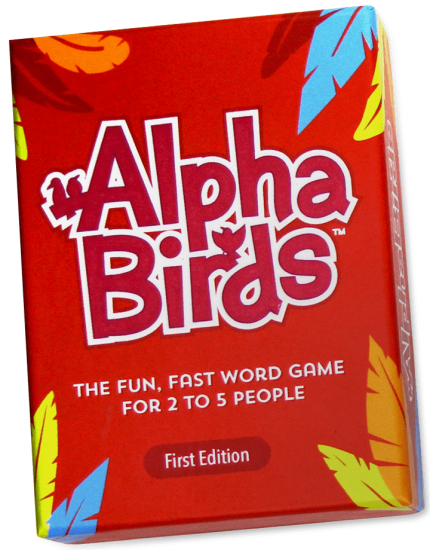
[Weekend Read](https://quoteunquoteapps.com/weekendread/), our app for reading scripts on your phone, features a new curated collection of screenplays each week.
This week, we look at at the many blood-draining Vampire stories to see how a sub-genre can continually reinvent itself in order to stay immortal.
Our collection includes:
* **Blade** by David S. Goyer
* **Buffy the Vampire Slayer – “Welcome to the Hellmouth”** by Joss Whedon
* **Doctor Sleep** by Mike Flanagan
* **Dracula – “The Rules of the Beast”** by Mark Gatiss and Steven Moffat
* **From Dusk till Dawn** by Quentin Tarantino
* **Interview with the Vampire – “In Throes of Increasing Wonder…”** by Rolin Jones
* **Let Me In** by Matt Reeves
* **Near Dark** by Eric Red and Kathryn Bigelow
* **Only Lovers Left Alive** by Jim Jarmusch
* **Shadow of the Vampire** by Steven Katz
* **The Lost Boys** by Jeffrey Boam
* **The Vampire Diaries – “Pilot”** by Kevin Williamson and Julie Plec
* **True Blood – “Strange Love”** by Alan Ball
* **Twilight** by Melissa Rosenberg
* **Van Helsing** by Stephen Sommers
* **What We Do in the Shadows – “Pilot”** by Jemaine Clement
Read these and other featured collections only on Weekend Read 2, available on all Mac and iOS devices. [Download for free](https://apps.apple.com/in/app/weekend-read-2/id1534798355)!


